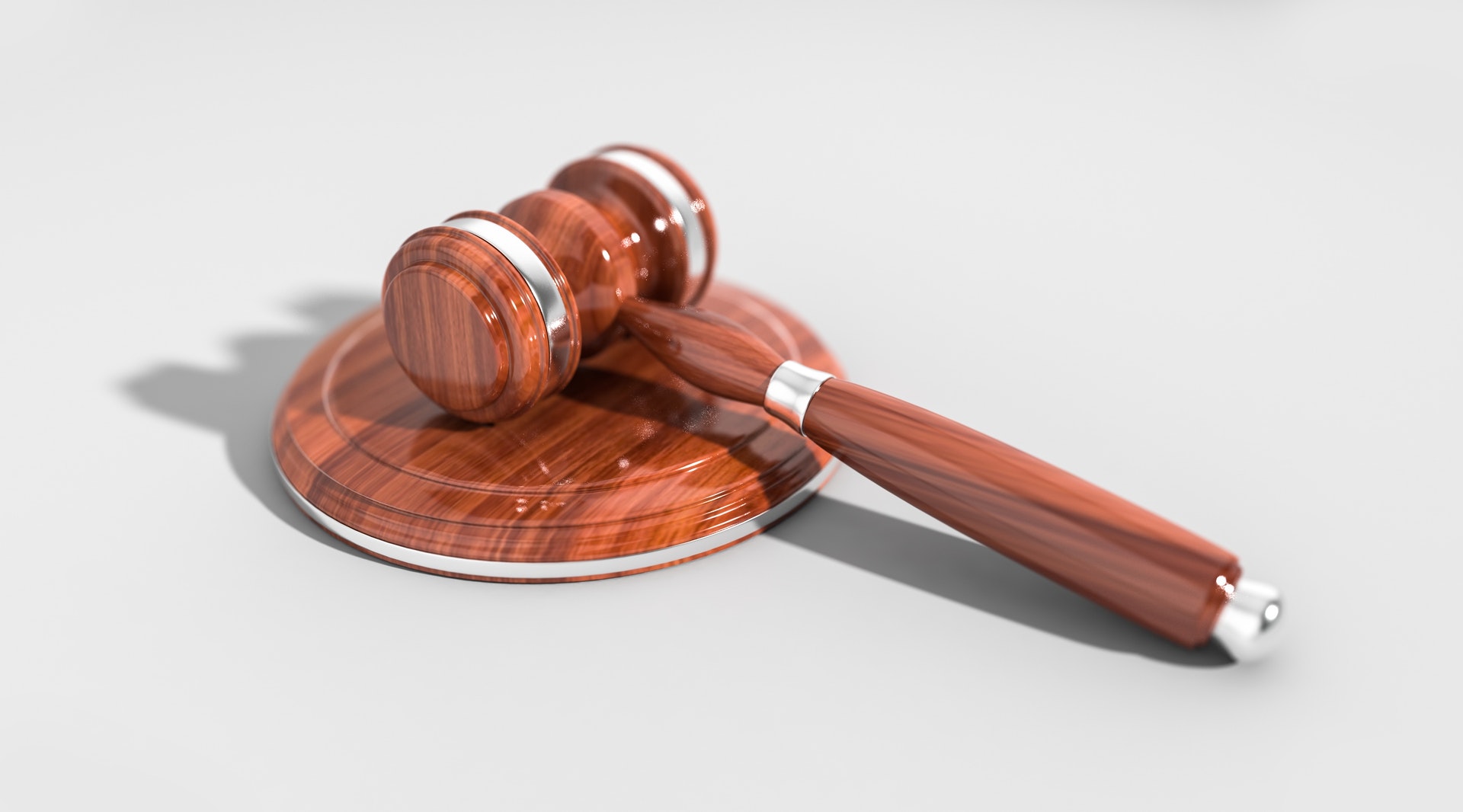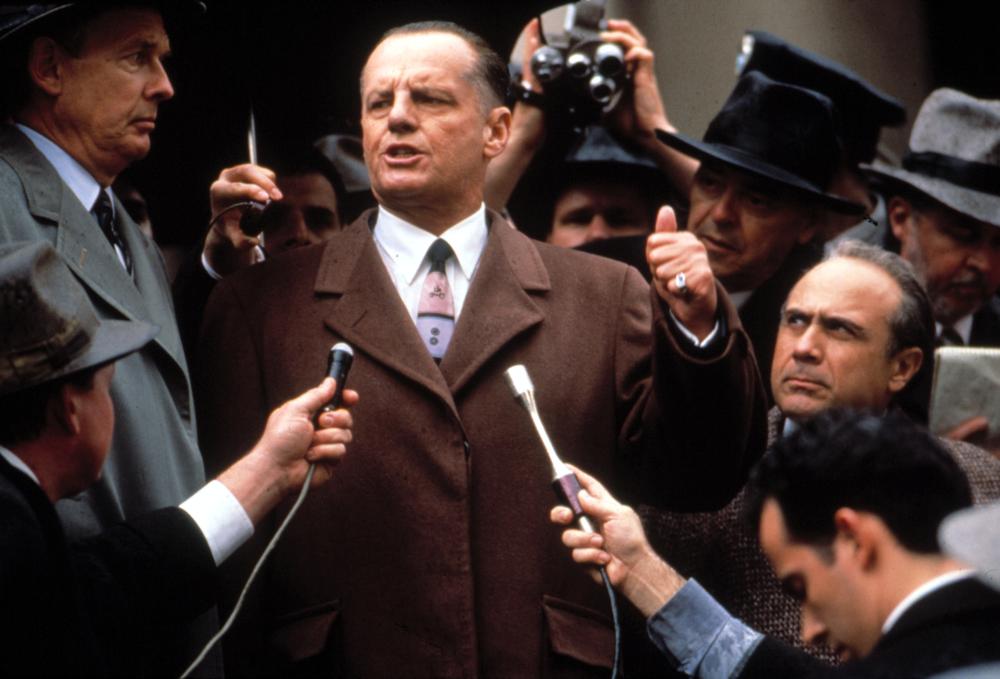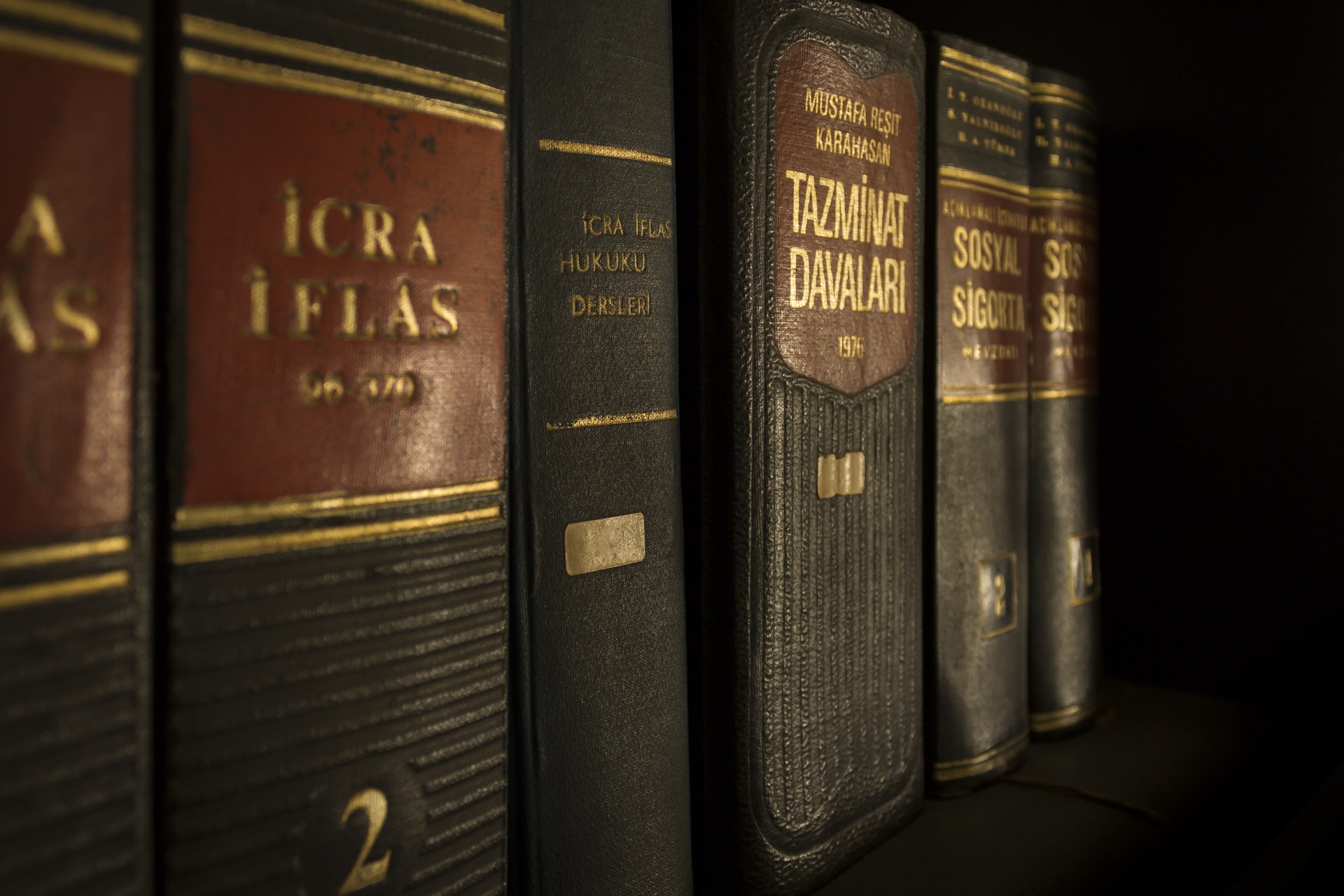Everyone has definitely heard about intellectual property law before but what is it exactly? And what does it do? Well, Intellectual property law protects the rights of any business or person who makes artistic work. Music, plays, literature, inventions, phrases, words, designs, symbols and more fall under the category of artistic work. As per Douglas Grady , this law aims to encourage artistic expression, new technological creations and inventions to promote economic growth. It also offers protection against any others people unethically stealing the work of another person and peddling it in his or her name.
Belwo listed are the types of intellectual property law everyone should know:
Copyright– This protects any form of art like music, movies, documentaries, writings and other original expressive art forms. A copyright gives the original owner exclusive rights to reproduce their work, perform it, display it, economically benefit from it or make derivatives from it. It should be noted that the protection of theories and idea is not included unless they are captured in a viable fixed medium but unpublished works are protected by this law. Most copyrights are viable for the owner or creator’s life with an addition of 70 years.
Patent: This protects the creators invention from being stolen, remade or used by another person (for a stated time period- upto 20 years). This law gives owners the right to sell their product or invention and make a profit out of it. There are generally three types of patents you can get:
Utility Patents which protect inventions that have a specified function like machines, chemicals and technology.
Design patents protects the way a product appears once it has been created- literally the design.
Plant patents, gives protection to plants which are asexually produced.
Trademark– Douglas Grady says that It protects marks, names and slogans of companies and products. Trademarks make it relatively easier for consumers to distinguish between competitors and avoid conflict. It also derails misleading advertising. Trademarks are automatically attached from the moment a business starts using a brand name or symbol to distinguish itself. Trademarks receive different levels of protection depending on customer awareness regarding it and the product or service it identifies. Trademarks have to be renewed for continued protection.
Right regarding publicity: These laws protect people against unauthorized use of their name and image. Like, a business cannot use a picture of you on their product unless you give them permission.
Trade secret rules: These laws protect business information which are considered sensitive like the introduction of a new formula or technology. The extent of protection depends on whether or not the information gives your company an advantage over your business competitors. It should be noted that the secret should also be maintained among the staff to make it authentic and give it more weightage.
Thus, it is important to carefully evaluate which law your product or idea comes under. It is also advisable to hire a lawyer while negotiating intellectual laws since a trained professional can guide you regarding the complexities as well as requirements of various laws.






